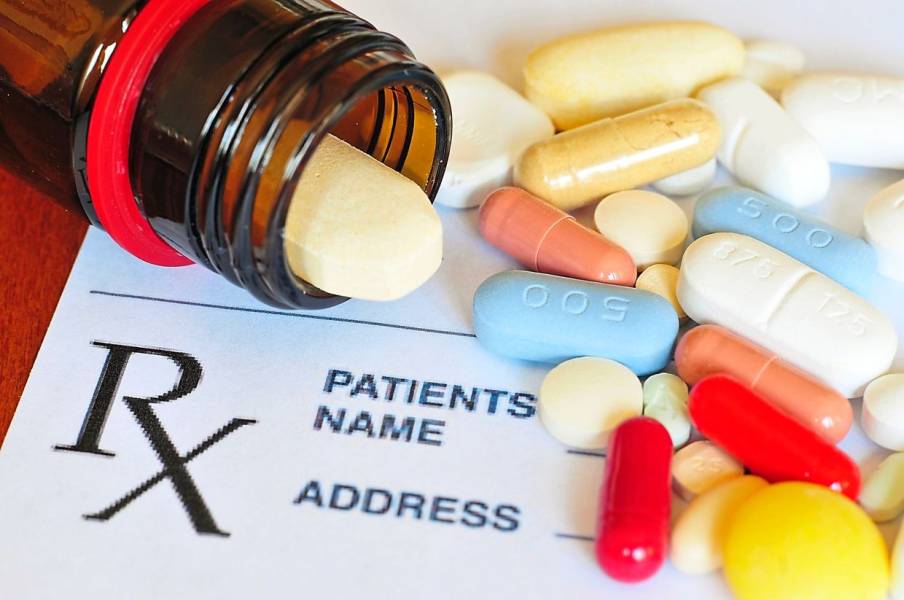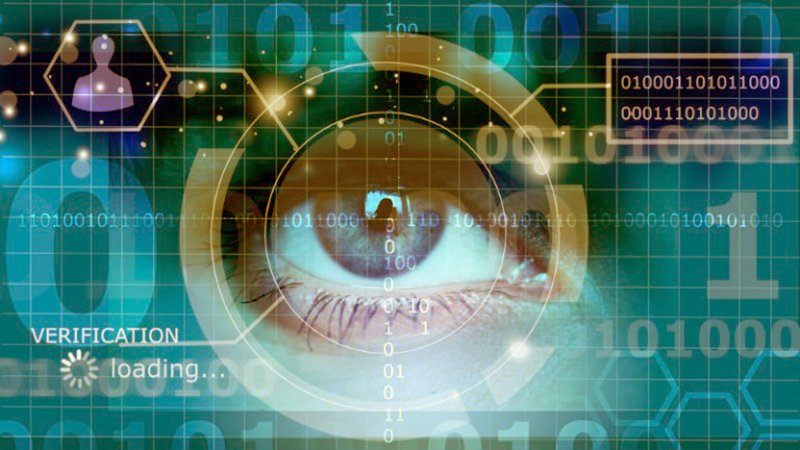 Blockchain technology is one of the most exciting innovations in recent history. Its use cases are diverse, and its potential applications are broad. One industry that may be ripe for disruption by blockchain is medicine. As doctors, researchers and patients seek ways to improve the health care system, it’s likely that blockchain will play an important role in many medical technologies — from electronic medical records to payment systems to smart contracts for clinical trials and treatment plans. Here are some trends and ways that Blockchain and medical technology intersect.
Blockchain technology is one of the most exciting innovations in recent history. Its use cases are diverse, and its potential applications are broad. One industry that may be ripe for disruption by blockchain is medicine. As doctors, researchers and patients seek ways to improve the health care system, it’s likely that blockchain will play an important role in many medical technologies — from electronic medical records to payment systems to smart contracts for clinical trials and treatment plans. Here are some trends and ways that Blockchain and medical technology intersect.
Blockchain as a database
The blockchain is a database. It’s just that, unlike traditional databases, it’s decentralized and distributed across multiple nodes (computers). This makes it shared and public—anyone can access the data stored in a blockchain network.
The properties of immutability and decentralization are what make the blockchain so useful for medical technology. Medical records are often kept privately or on private servers at hospitals; this makes them vulnerable to hacking or data breaches that could potentially lead to identity theft or other nefarious acts. For researchers looking at how to develop a medical device that connects to the blockchain, more and more options are available.
The fact that blockchains are immutable means they can’t be altered once they’ve been recorded onto; this implies that once someone has access to your medical records as part of their job, those same records cannot be changed without your permission unless you make any changes first. And even when that happens, they’d have to enter their own passphrase before doing so. This prevents tampering but also ensures accountability should anything go wrong with them accessing your information inappropriately.
Transparency, Security, and Reliability
Blockchain is a distributed ledger technology that provides transparency, security, and reliability. The blockchain offers a decentralized database, shared digital ledger, and an encrypted transaction log. A medical record can be stored on the blockchain by entering data into the chain’s blocks. Each block contains information about the previous block, hence “blockchain”.
Since it is a public network, anyone can read or write to the chain at any time without requiring permission from anyone else; however, only those who possess cryptographic keys are able to add new records to the ledger while making sure they’re valid. This makes tampering extremely difficult because it requires rewriting all subsequent blocks following that tampered record in order for them not to be detected by others’ computers as invalid when checking their own copy of this same chain against yours.
Potential Use Cases in Hospitals
The most common use cases for blockchain in hospitals are as follows:
Patient records and medical research: Blockchain is a technology that has the potential to change the way we do things, so it’s no surprise that it’s being considered a possible method for keeping track of patient data and conducting research. One medical school is looking to create a decentralized database of electronic health records using blockchain technology. This system would provide researchers access to real-time information about patients’ health status so they can obtain more accurate results from their clinical trials and studies on new treatments.
Clinical trials & supply chain management: Another area where blockchains could be useful is in managing supply chains for clinical trials or other situations where food needs to be tracked, such as when there is concern over contamination. One such project involves tracking mangoes through fields in Thailand using GPS coordinates at each stage of cultivation until they reach consumers’ hands via this new method developed by IBM Research along with several partners.
Cloud Data is Insecure
The problem with storing data in the cloud is that it’s not always safe. Data can be stolen, altered, or lost. It’s not easily accessible when you need it most. Blockchain technologies provide a solution to these problems by offering an encrypted and decentralized ledger of transactions that makes tampering with records difficult if not impossible because every person who accesses a particular piece of data must agree about its contents before allowing it into the blockchain.
Smart Contracts
A smart contract is a computer program that can automatically execute the terms of an agreement. Smart contracts are self-executing, and once the terms are set, they cannot be modified. They can also be used to store data, transfer value, and run programs without any third-party involvement. In this way, smart contracts can simplify transactions by eliminating the need for lawyers and other third parties in verifying agreements.

Founder Dinis Guarda
IntelligentHQ Your New Business Network.
IntelligentHQ is a Business network and an expert source for finance, capital markets and intelligence for thousands of global business professionals, startups, and companies.
We exist at the point of intersection between technology, social media, finance and innovation.
IntelligentHQ leverages innovation and scale of social digital technology, analytics, news, and distribution to create an unparalleled, full digital medium and social business networks spectrum.
IntelligentHQ is working hard, to become a trusted, and indispensable source of business news and analytics, within financial services and its associated supply chains and ecosystems





























